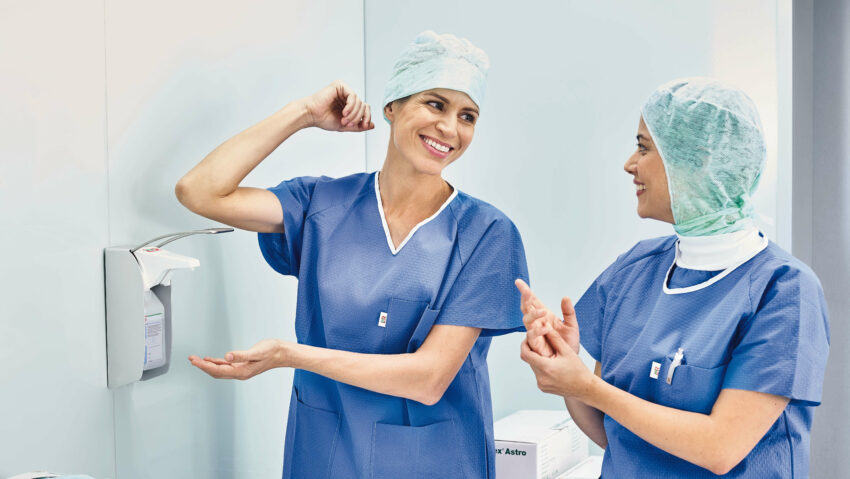KRINKO Recommendation: Prevention of Surgical Site Infection (SSI)
Accounting for approx. 24 %, SSIs are the most frequent nosocomial infections in German acute-care hospitals, while the risk of infection depends on the type of operation. Bacteria, rarely in combination with fungi, are the most common pathogens of an SSI, and the spectrum of pathogens varies depending on the surgical site and type of operation, respectively. Based on the OP-KISS (German surgical site infection surveillance) data from 2010 to 2014, the Robert Koch-Institute reports the following bacteria shares for selected surgical procedures 1:





